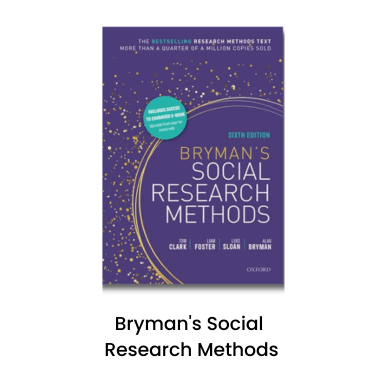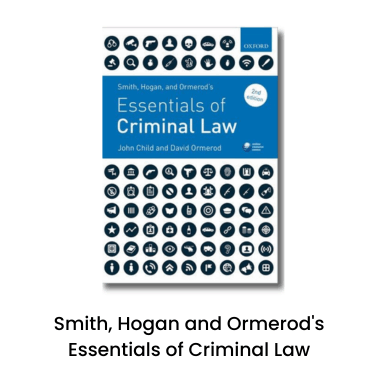By Vasile Boico – University of Birmingham student and Kortext Student Ambassador.
Your room is tidy, your bookshelf is sorted by genre, your wardrobe is organised by colour and season, but you have not started working on your assignments yet.
Does this sound like you?
Procrastination means putting off tasks until the last minute. You know you have important deadlines coming up, and you know what you should be doing. Yet, you are not motivated enough to get the ball rolling.
Several weeks later, you are inevitably forced to pull an anxiety-induced all-nighter, fuelled by many cups of coffee or energy drinks. The aftermath? You end up feeling annoyed, exhausted, and perhaps submitting an assignment that does not showcase the high-quality of work you are capable of.
To avoid that and the accompanying lack of sleep and undesirable feelings, here are 5 tips you can use against procrastination.
Get a planner and set your goals
You do not have to spend money on a planner. There are plenty of free options to choose from, such as the calendar app on your phone, the Structured app, or even Canva.com. The great thing about Canva is that it allows you to create and customise your own planner. Once you get a planner it is easier to keep track of various assignments and deadlines and to establish your simple, attainable goals.
Create a timeline
The next step is to create a timeline to achieve your goals. For example, this could look something like: “Monday, 10-11am: I will write the introduction for my essay”. It is very important to divide your work into smaller, more manageable pieces as this makes the assignment less intimidating.
Find a learning/writing technique that works for you
There are many different types of people with many different preferences in terms of learning styles and approaches to writing. You may be able to study or work on an essay for 5-6 hours at once, or you may have a short attention span and may need more breaks in-between your study sessions. If the latter is true, then you may benefit from the Pomodoro Method. In brief, this technique breaks down work into intervals and recommends studying/working for 25 minutes straight, then taking a break for 5 minutes. One interval is called a “pomodoro”. After you complete four “pomodoros”, you get a 25-minute break. This will improve your focus and receptiveness to new information. Try and see whether it works for you.
Get rid of distractions
First and foremost, turn off your phone or put it on flight mode. That way you will not feel tempted to check Facebook, Instagram, or Snapchat every 10 minutes. Second, invest in a pair of noise-cancelling earbuds. The fewer distractions, the more and better-quality work done. The more and better-quality work done, the higher grades. It is far too easy to shift your attention to something else when there are people chatting in the other room, or when your Instagram notifications are constantly showing up on your screen. Therefore, you need to make sure that you are studying/working in a distraction-free environment.
Reward yourself
Everyone loves incentives. It is essential to reward yourself after you complete a task. This way you will also feel more determined to get more stuff done. It could be a cup of hot chocolate after you have written your introduction for your essay, or an episode of your favourite TV show after you have been studying throughout the afternoon. There is mounting evidence showing a strong link between good habit formation and reward. The human brain wants what it wants, so treat yourself!
There you have it – the 5 tips against procrastination. The first step to manage procrastination is to recognise that you are doing it. Then, use the strategies listed above to overcome it. Good luck with your assignments!



















